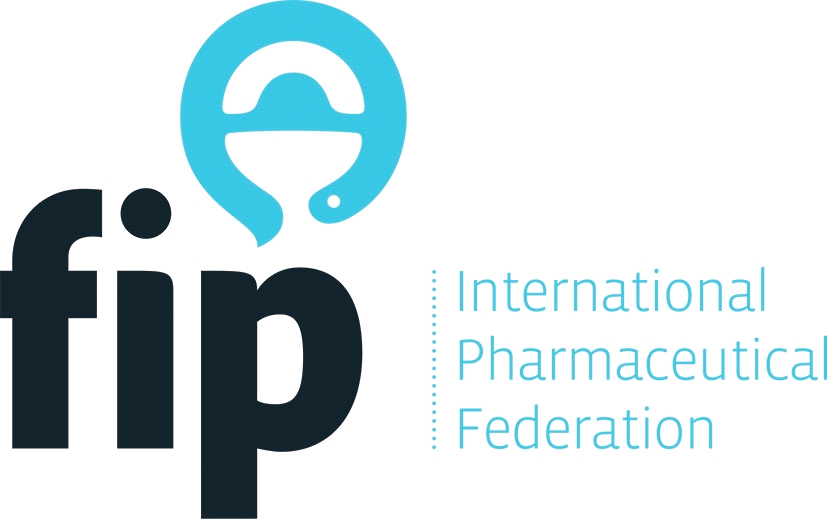Interprofessional Collaborative Practice
WHPA, as an interprofessional alliance, is committed to improving the health of populations worldwide through the efficient, effective and equitable delivery of preventive, curative, rehabilitative and palliative services. Health professionals strive to deliver high quality services within their scope of practice and with respect for the expertise of other members of the team. However, for individuals accessing health services, there may appear to be duplication, gaps and discontinuity as they progress through the health system. This is a challenge that health professions can address positively together and with other agencies.
WHPA's statement on interprofessional collaboration (ICP) includes a number of guiding principles for effective ICP.
What is interprofessional collaboration?
According to WHO: "Collaborative practice happens when multiple health workers from different professional backgrounds work together with patients, families, carers and communities to deliver the highest quality of care across settings[1]."
Why do we need interprofessional collaboration?
Effective interprofessional collaborative practice (ICP) can lead to:
- improved access to health interventions and improved coordination between different sectors for individuals and their families with more involvement in decision making;
- a comprehensive, coordinated and safe health system that is responsive to the needs of the population;
- efficient use of resources;
- reduced incidence and prevalence of disability. In particular disability associated with noncommunicable diseases when health systems embrace ICP across the full course of the disease (health promotion, illness and injury prevention as well as disease management and cure, and rehabilitation); and
- increased job satisfaction, with reduced stress and burnout of health professionals.
How can we collaborate between the professions?
In a culture of social responsiveness, effective ICP should be guided by the following principles:
Policies and governance structures facilitate and support opportunities for ICP
- Governments and agencies must provide appropriate funding and structure health systems to support ICP. These include not only health services and systems but also health professional education and regulation.
- Health professional associations should be actively engaged together in discussions and development of ICP policy, governance structures and funding models.
- Professional regulatory systems and processes including professional competencies, practice standards, and scopes of practice should permit and facilitate effective collaborative practice.
Health system infrastructures enable ICP
- There must be a sufficient supply of health professionals to meet population needs.
- Collaborative teams should have appropriate and complementary skills, thus ensuring access to the right professional at the right time in the right place. The skill mix will differ according to the purpose of the team that has been brought together, the characteristics and needs of patients/clients and the practice setting.
- Administrative systems (including human resources and financial planning, budget setting and reimbursement) should all support collaboration.
- ICP should apply across the continuum of health services, including preventive, curative, rehabilitative and palliative professional services.
Education programmes and opportunities promote and facilitate shared learning
- Initial (professional entry level) and post professional education, including advanced levels of education and continuing professional development programmes should adopt a philosophy of ICP and include opportunities for joint and person-centred, problem-oriented learning and professional socialisation, in both clinical and academic environments.
- Education programme accreditation requirements should address the need to facilitate shared learning and to prepare graduates for ICP.
ICP policies and practice are based on sound available evidence
- The evidence for the efficacy of ICP for health outcomes continues to be built. Effective monitoring of health outcomes, practice and research in diverse communities and settings is required and the best ways to educate interprofessionally need to be researched.
- Widely accessible health information systems generating current and accurate information are required to support ICP. Health information systems are also needed for the evaluation and monitoring of health outcomes and to build the evidence base for informing policy.
- For effective ICP, health systems that support information sharing, within the appropriate privacy and confidentiality constraints, are required.
Professional practice centres on the needs of the individual recognising the skills and attributes of individual professions
- ICP supports person centred practice. By placing the focus on the needs of individuals, their families and communities and recognising they are part of the collaborative team, professional differences are minimised and shared decision making is developed in partnership.
- ICP requires mutual respect, competence, trust and synergy among team members. Professionals, sharing a common purpose, recognise and respect each other’s body of knowledge, role and team-agreed responsibilities. When the individual contributions of all professionals are recognised, there is more likely to be appropriate and timely referral and a good matching of competencies to a person’s needs. Whenever there are overlapping scopes of practice, collaborative teams ensure that the professional with the best match of expertise to the needs of the individual is engaged at the appropriate time.
- ICP requires effective communication, enhanced by team members talking and actively listening to each other and to the individual concerned and his/her significant others (family, carers, advocates.
[1] World Health Organization. (2010) Framework for action on interprofessional education and collaborative practice. Geneva, Switzerland: WHO
©2019 World Health Professions Alliance




